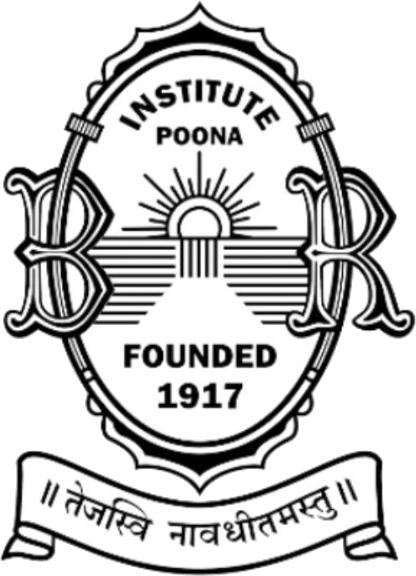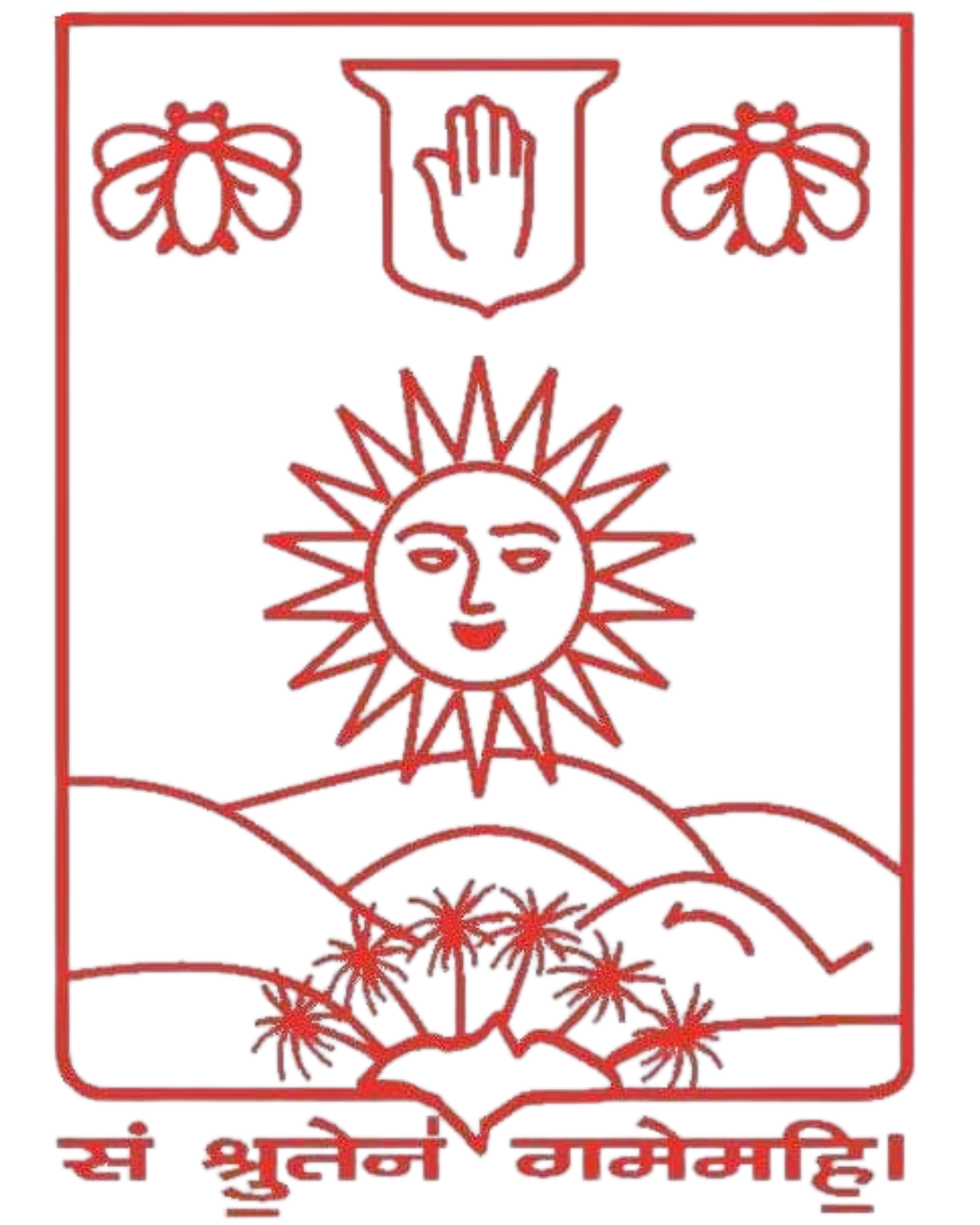Contemporary India
Explore the complexities of India the world's largest democracy—through an in-depth online course designed for global learners. This program examines India’s political evolution, governance, and the interplay of society, economy, and culture. Through expert-led discussions, case studies, and real-world field visits, students gain a nuanced understanding of India’s unique democratic journey and its contemporary challenges.
Salient Features
Interdisciplinary Approach
Integrates political science, economics, international studies and sociology for a 360° view of India.
Expert Faculty
Classes are led by distinguished scholars with deep expertise in Indian politics and society.
Interactive Learning
Engage in lively discussions, case studies, and group activities that connect theory to practice.
Field Experiences
Participate in field visits (such as to Pune's urban and rural communities) to observe democracy in action.
Global Community
Learn alongside peers from around the world, enriching cross-cultural dialogue.
Course Structure
Duration
Full semester (equivalent to 3 U.S. semester credit hours, 45 contact hours)
Delivery
100% online, with live interactive sessions and virtual field visits
Language
English
Sample Topics & Sessions
India at Independence: The political legacy of British rule and the birth of the Indian republic
Constitutional Debates: Insights from the Constituent Assembly and the framing of India's constitution
Federalism & Governance: Central vs. state powers, and the role of local government
Caste, Religion, and Identity: How social structures shape Indian politics
Economic Development & Democracy: The relationship between economic progress and political change
Coalition Politics & the Rise of Regional Parties: Shifts in India's political landscape
Contemporary Issues: The impact of leadership, media, and policy on India's future
Learning Objectives
Upon completing this course, students will be able to:Identify and describe the main political structures of Indian democracy.
Understand the link between economic and democratic development.
Analyze the evolution and development of India as a democracy.
Follow current political developments in India through local media.
Compare diverse experiences within India's political system (rural vs. urban, by caste, gender, religion etc.).
Access resources for further research on Indian politics and society.
Assessment & Participation
Reflective Essays
Critical analysis of India's political structure and contemporary issues
Media Analysis
Examination of newspaper articles and their impact on understanding Indian politics
Designing Assessments
Framing examination questions and justifying their relevance
Class Participation
Active engagement in discussions and field visits
Attendance
Regular attendance is required, with allowances for excused absences
Academic Integrity & Support
Original Work
All assignments must reflect students' own ideas and research.
Accommodations
Support is available for students with disabilities, in accordance with institutional policies.
Faculty Contact
Dr. Ashish Kulkarni
Course Syllabus
Download the complete course syllabus with detailed curriculum, assessment criteria, and schedule.
 Access Syllabus
Access Syllabus





